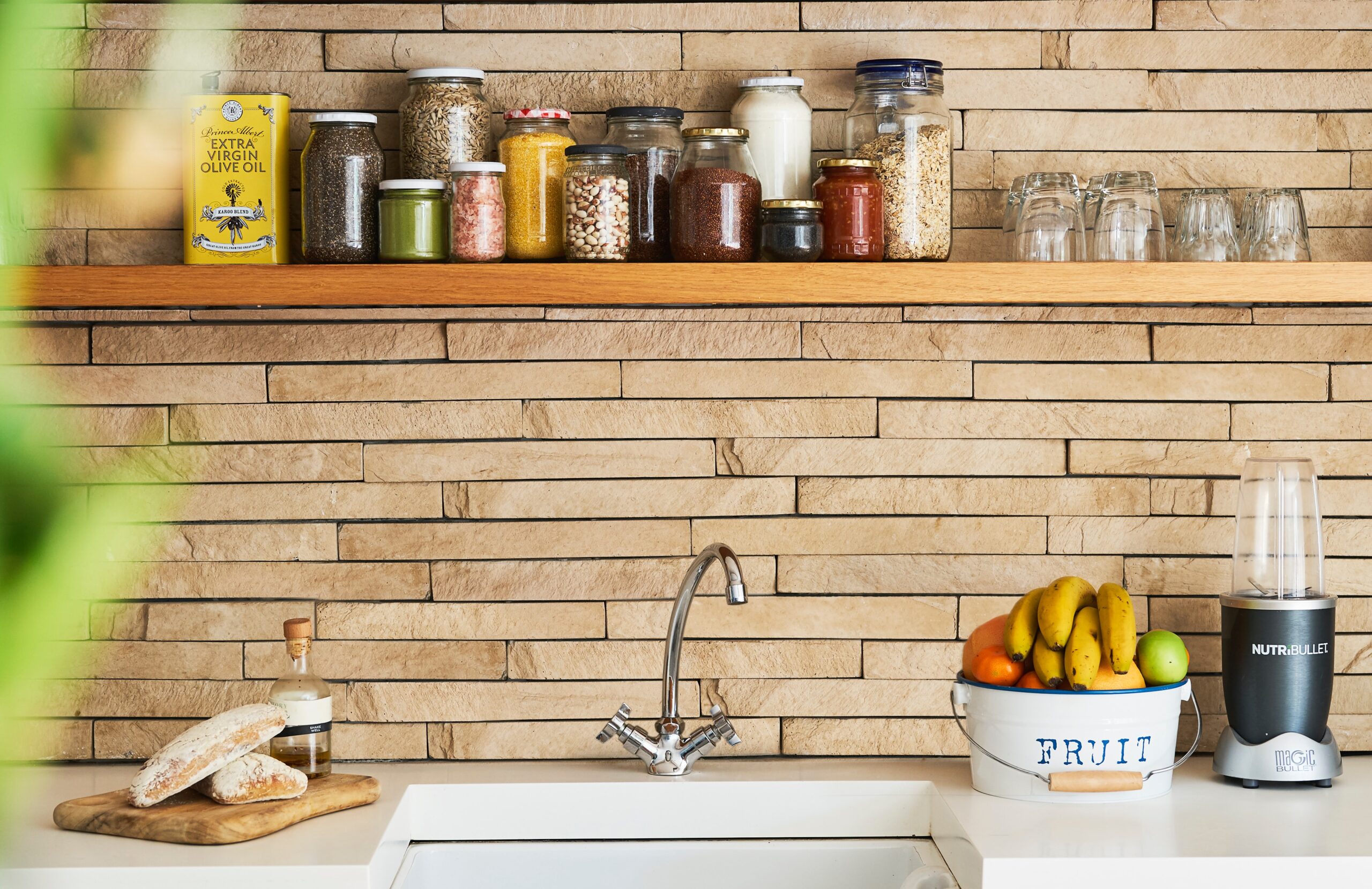Nuts About You
In honor of February’s Heart Health Month, let’s talk about one of the most heart healthy foods, Nuts, of course!
Many people shy away from nuts and seeds for their calories. One study said they’re our 6th favorite snack in America (following chocolate, chips, and candy). However, they are nutrient and calorie dense and should be a part of an everyday healthy eating plan. All nuts are mostly fat except Chestnuts actually contain very little fat. Cashews contain 46% fat and Macadamia Nuts around 76% fat. In general, Nuts are also about 25% protein and the fat contents and types range. Walnuts have long been known for their high contents of Omega 3 ALAs, but pecans are also a good source. Peanuts (okay, they’re actually legumes!) and pistachios are the highest in protein and lowest in fat of the nuts listed below. Specifically, L-arginine in nuts promotes Nitric Oxide production for healthy blood vessels. Nuts are also naturally carbohydrate and sugar free, which make them great snack options for people with Diabetes.
| Per 100 grams | Calories | Fat (g) | Saturated Fat (g) | MUFA (g) | PUFA (g) | Linoleic Acid (g) | ALA (g) | Protein (g) | Fiber (g) |
| Almonds | 578 | 51 | 4 | 32 | 12 | 12 | 0 | 21 | 9 |
| Cashews | 553 | 46 | 9 | 27 | 8 | 8 | 0.15 | 18 | 6 |
| Hazelnuts | 628 | 60 | 4.5 | 46 | 8 | 8 | 0.09 | 15 | 10 |
| Peanuts | 530 | 49 | 7 | 24 | 16 | 16 | 0 | 26 | 9 |
| Pecans | 690 | 72 | 6 | 41 | 22 | 21 | 1 | 9 | 8 |
| Pine Nuts | 673 | 68 | 5 | 19 | 34 | 33 | 0.16 | 14 | 4 |
| Walnuts | 654 | 65 | 6 | 9 | 47 | 38 | 9 | 15 | 6 |
| Pistachios | 557 | 44 | 5 | 23 | 13.5 | 13 | 0.25 | 20 | 9 |
Eating about 1- 2 ounces of nuts per day has been shown to directly improve blood cholesterol and reduce risk of developing heart disease especially when added in place of added sugars and processed carbohydrates. Did you know Nuts actually prevent against weight gain? One study demonstrated that nut consumers were 35% less likely to gain weight than non-nut consumers.
Nut butters are a great way to incorporate nuts into your daily routine, beware of nut butters with partially hydrogentated oils and added sugars. Natural grocery stores allow you to ground your own nut butter or may even sell nut butters without anything except salt added. It’s okay, it is natural for nut butters to separate!
Since 7.8% of people have food allergies, many of which are peanuts and tree nuts, incorporating seeds into the diet is a great alternative. Sunflower seed butter or soy nut butter are good alternatives. Pumpkin seeds and chia seeds are great snacks and salad toppers, too!
Nuts and seeds are some of the best protein and fat sources available to us at room temperature. For the most part, they don’t spoil like other proteins either! Although, they can go rancid because of their fat content. Nuts and seeds in the shell tend to last longer than their shelled counterparts. Shelled nuts stored in the pantry will last about 4 months, try freezing them to keep them longer.
Source:
Emilio Ros. Health Benefits of Nut Consumption. Nutrients. 2010.2(7) 652-682.
CAND Instagram
Recent Posts
Meet the Author
Bringing you the best nutrition information...
Our Academy Bloggers
CAND has several professional and student bloggers. They write about a range of topics for the public.



